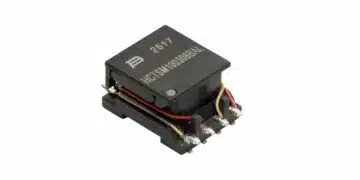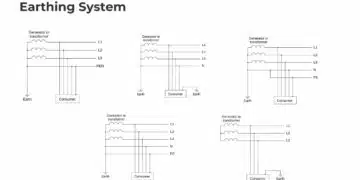Source: EINPresswire news
ROCHESTER, N.Y., UNITED STATES, — When tin-coated electronics are under compressive stress, “tin whiskers”—electrically conductive, crystalline structures—have been known to develop between circuit elements. These structures can affect the device’s electric pathways and ultimately cause short circuits that result in electronic system failure. Fortunately, Ohmcraft—a leader in thick-film, high-voltage, high-precision resistor design and manufacturing—offers both surface mount and leaded resistors that provide essential tin whisker mitigation.
In the past, resistor manufacturers would utilize tin/lead “B” terminations to mitigate tin whiskers in military, space and medical device applications. But after lead was banned from electronics by the Restriction of Hazardous Substances (RoHS) directive, most resistor manufacturers ceased to offer tin whisker mitigating products—with the exception of Ohmcraft. Now, leading military, spacecraft and medical device companies rely on Ohmcraft’s precision resistors to prevent tin whisker growth in the high-reliability electronics they manufacture.
“In military electronics, spacecraft instruments and medical devices, long term reliability is absolutely critical,” said Eric Van Wormer, Vice President of the Ohmcraft division of Micropen technologies.
“No one wants to take the chance with tin whiskers, which can be thinner than a human hair but can cause catastrophic problems. At Ohmcraft, we manufacture surface-mount and leaded resistors using materials that inhibit the development of tin whiskers.”
Ohmcraft’s technology utilizes the proprietary Micropen electronic printing system to “print” precise, narrow, serpentine lines with resistive ink on a ceramic substrate, producing higher performance resistors over a wider range of values on a smaller surface area than is possible with conventional film resistor technology.
































